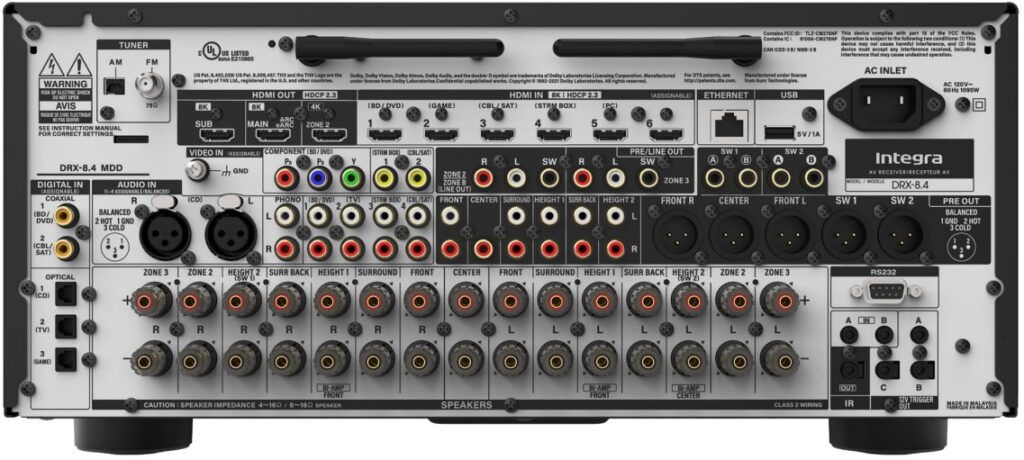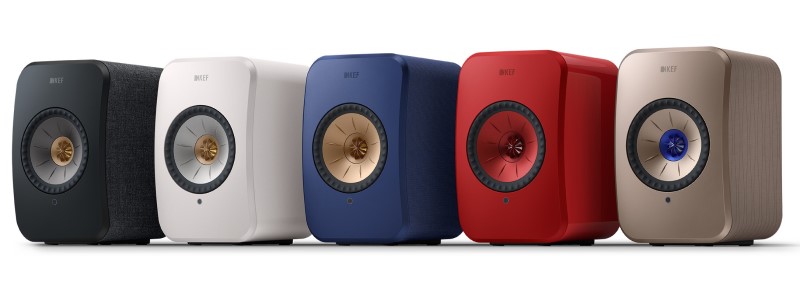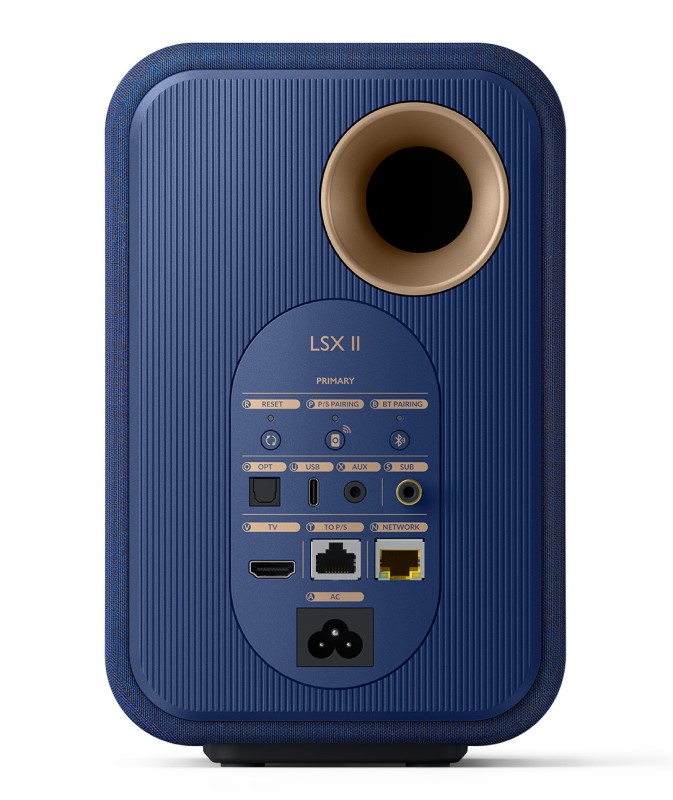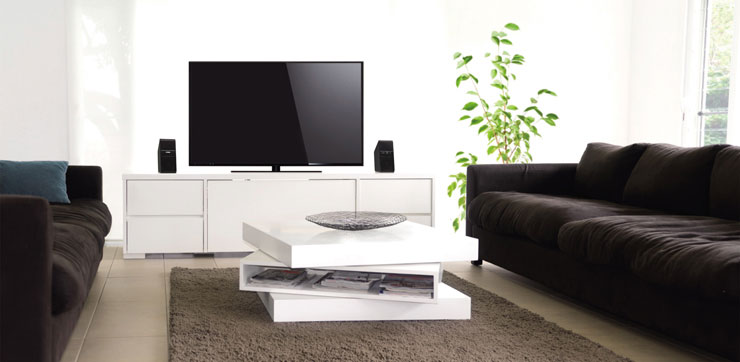How To Add Speakers to Your TV without an AV Receiver
Okay, you are sold on NOT getting a soundbar. A quick browse of Reddit has shamed you into striking soundbars from your list. But you aren’t ready to dive headfirst into the world of home theater. You understand the need for speakers, but an AV receiver? That seems like more money, trouble, and complexity than you are prepared to deal with at this point. Surely, there is a way to add speakers to your TV without also needing an AV receiver? There is! Let’s discuss!
What an AV Reciever Does
To skip owning an AV receiver, you’ll need to understand basically what an AV receiver does in your home theater system. The two main functions are routing your video and processing and amplifying the audio signals for your speakers. The amplification is pretty easy to understand. Your AV receiver uses DACs to process the digital audio signal into an analogue signal that can be amplified. It sends this amplified signal to your speakers via the speaker cable.
When you connect your sources to your AV receiver, it will route the video signal up to your display via the HDMI cable (unless you have a really old receiver). If you have some sources connected via other video cables (like component or composite), the video is upconverted to HDMI before being sent out. There may be some processing of the video as well.
If you want to remove the AV receiver from your system, you are going to have to move those functions to other devices (that you hopefully already own).

Your TV
If all your sources are HDMI (as most everything is these days), then you can use your TV to do most of the processing and routing. You will need to connect all your sources (cable box, disc player, game console) to your TV. Your TV can easily display the video and can usually output the audio. The audio output will either be optical or RCA.
There are some limitations here. If you are using optical, you won’t get full lossless audio. With RCA, you will be limited to two-channel audio. Some TVs aren’t compatible with some surround formats. There may also be other compatibility issues that we can’t anticipate.
Speakers
If you really want to only connect speakers to your TV and not another box like an AV receiver, then you are going to need powered speakers. Powered speakers have amplifiers built-in forgoing the need for external amps. Most all powered speakers will accept an RCA signal but some will also accept optical. Newer powered speakers will accept an HDMI signal allowing you to use HDMI eARC to get full losses audio. Again, these come with their own limitations as eARC and ARC don’t always work as advertised. If you are looking for powered speakers, we’ve got some recommendations:
- Active Speakers Types and Buying Guide
- Fluance Ai81 Elite Powered Floorstanding Tower Speakers
- Fluance Ai41 Powered Bookshelf Speakers Review: Soundbar Killer?
- KEF LSX II Speakers


“Small” Boxes
The real problem with powered speakers is that they are expensive. The internal amps and decoders mean that the price of the speakers is much higher than people expect. Plus, people generally already have speakers that they would like to use. To do that, they’ll need an AV receiver. But we’ve already established that they don’t want one. So, what are the other options?
Some people look for smaller AV receivers or something with fewer features that somehow cost less. These don’t really exist. You can sometimes find small DAC/amp combos (like this Fosi Audio DA2120A) but these are usually designed with desktop use in mind. They are not meant to power home theater speakers to reference level from 12 feet away. This means that if you do go this route, you won’t be able to play your speakers very loud without risking damage to either the speakers, the amp, or both. This is why we prefer to recommend powered speakers as their amps are designed to work without damaging themselves or the speakers.
Take Away
AV receivers can seem complex and daunting. It’s understandable that some people might try to get by without one. If you are trying to set up a system without an AV receiver, it can definitely be done. It might not be any less complex or even that much cheaper, but you can do it.



Don’t forget the “easy” option for those that can do it…
If your TV has a headphone audio output, it doesn’t get easier than plugging in a 3.5mm to RCA cable and running that to the powered speakers. TV remote will then work as normal, and the audio path generally “automatically” switches. This is a plug and play option on most LG, and TCL tvs. Maybe some others have the headphone output as well?